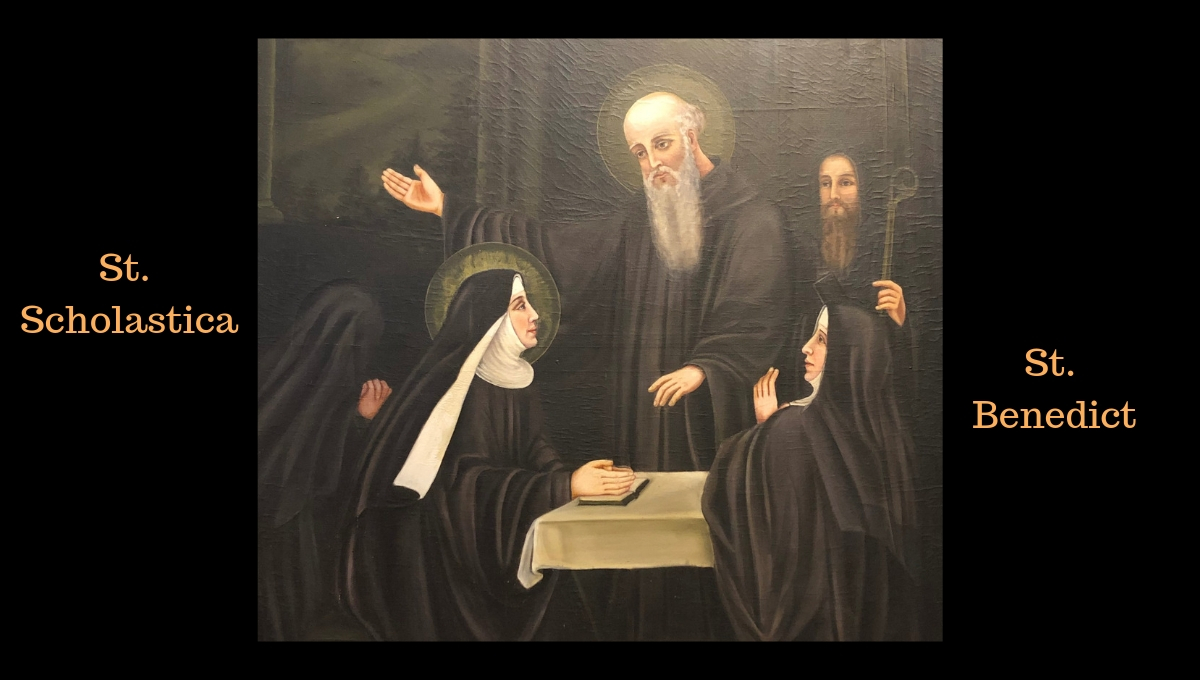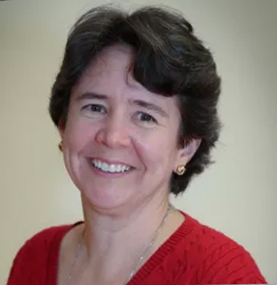
 My community, along with Benedictine women’s communities across the world, celebrated the feast of St Scholastica on February 10. This year our celebrations were somewhat different because the feast fell on a Sunday so the feast day mass replaced the Sunday mass. Because I direct RCIA at a local college campus, I also had to spend time reflecting on the readings for the Sunday mass for the dismissal of our catechumen. As I spent time with the familiar story of St Scholastica and the readings for the Fifth Sunday of Ordinary Time, I found that reflecting on both sets of readings led to a deeper understanding of each.
My community, along with Benedictine women’s communities across the world, celebrated the feast of St Scholastica on February 10. This year our celebrations were somewhat different because the feast fell on a Sunday so the feast day mass replaced the Sunday mass. Because I direct RCIA at a local college campus, I also had to spend time reflecting on the readings for the Sunday mass for the dismissal of our catechumen. As I spent time with the familiar story of St Scholastica and the readings for the Fifth Sunday of Ordinary Time, I found that reflecting on both sets of readings led to a deeper understanding of each.
Little is known about St Scholastica. She appears briefly near the end of the Gregory the Great’s hagiography of St. Benedict. The brief story about St. Scholastica recounts an annual meeting between herself and her brother, St. Benedict. At the end of the day, sensing that it would be their last visit, she asked him to stay. He told her he could not; pointing out that it was against the rules for him to remain outside of the monastery at night. At his refusal, she put her head down on the table and began to pray. Immediately, a thunderstorm descended, so that he could not leave. He began to scold her, asking her what she had done. She replied, “I asked a favor of you and you would not grant it. I asked God and he granted it.” Since he could not leave because of the terrible storm, he stayed and they continued talking. Gregory tells us that it is only fitting that the woman prevailed in this situation, since “she who loved more was able to accomplish more.”
The Sunday readings were all about God’s call and our response. As I reflected on the story of the call of Peter, in light of St Scholastica, I realized that Gregory’s observation about St. Scholastica is true of us in our own personal callings too. It is through love that we are called and it is through love that we are able to recognize and respond to those callings. When I think about being called, it, more often than not, sounds somewhat terrifying. Usually, it seems to entail something I’m not at all sure I want to do or can do. In reflection on the various callings throughout my life, each of them has led me to a place of deeper love for God and to deeper relationships with other people.
By holding the two stories from February 10, I hope that I can begin to recognize a call as an invitation from God to move deeper into relationship, to love more deeply, and to respond out of that same love. How do you feel called by God at this time of your life?

